Accommodations Basics
- Exams chevron_right
- Note-Taking Assistance chevron_right
- Alternative Text chevron_right
- Communication Access chevron_right
- Flexible Attendance and Deadlines chevron_right
- Course Load Accommodations chevron_right
- Housing chevron_right
- Service Animals and Emotional Support chevron_right
- Clinical Accommodations chevron_right
Exams
Exam accommodations refer to a number of accommodations related to how students take timed assessments, such as exams, quizzes and finals. This may include extended time, a distraction-reduced environment, use of a scribe and use of assistive technology like a reader pen. Students utilizing exam accommodations should talk with their instructors to determine if they will be testing with their instructor or if they will need to request to take their exam with the Disability Center.
About Exam Support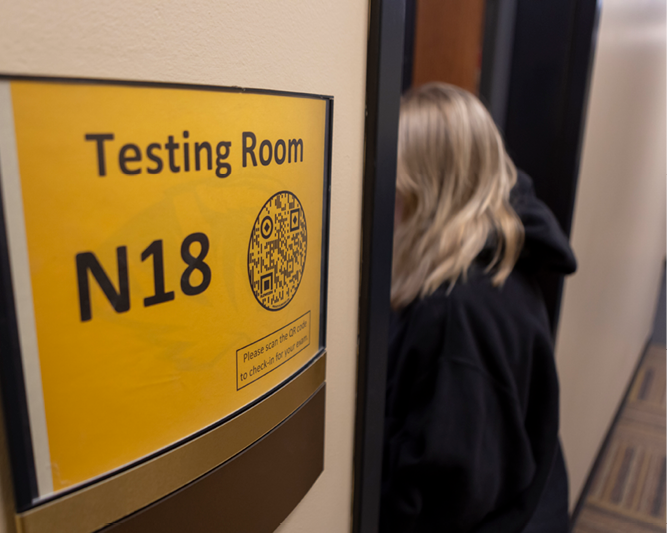
Note-Taking Assistance
Note-taking accommodations allow students whose disability affects their ability to take notes to capture lecture materials. Accommodations may include audio recording of lectures, copies of PowerPoint slides, the use of assistive technology or peer notetakers. What type of accommodation is provided is based on how the student’s disability impacts their ability to take notes and the design of the course.
Learn More
Alternative Text
Students with print-related disabilities may be eligible to receive a copy of their reading materials in a digital format that can be read aloud using text-to-speech software or screen readers. Other formats may include Braille or enlarged print. The Disability Center collaborates with the IT Accessibility Center on campus to convert these materials into an accessible format and provide students with appropriate assistive technology to meet their needs.
Learn More IT Accessibility Center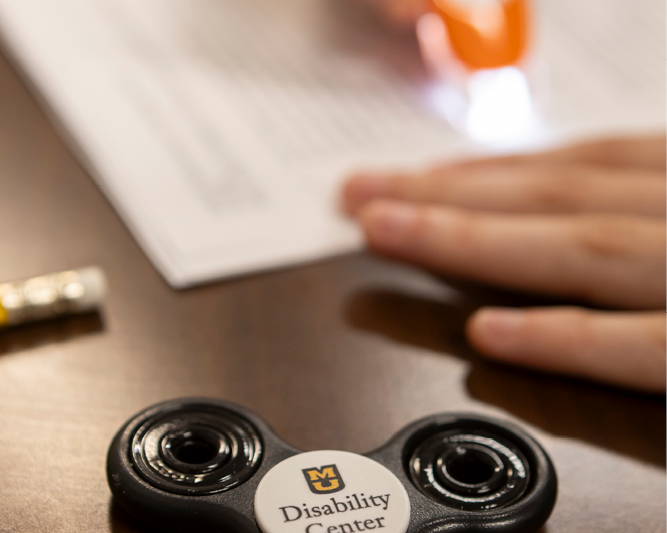
Communication Access
The Disability Center provides sign language interpreters, captioning, transcription, and other communication access methods to students who are d/Deaf or hard of hearing.
Learn More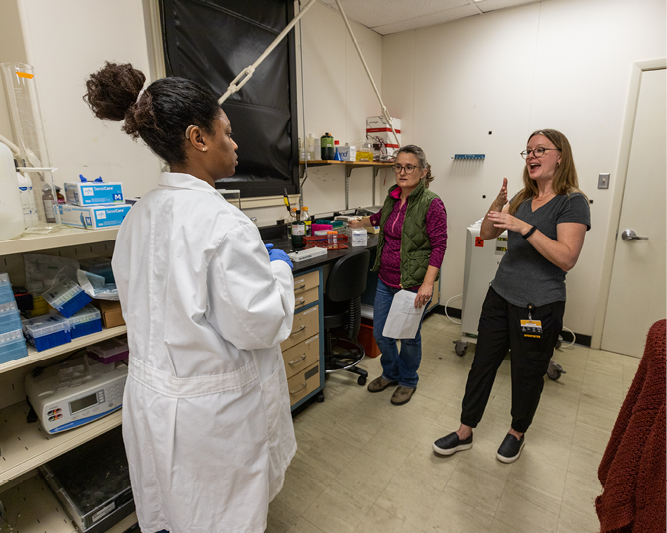
Flexible Attendance and Deadlines
Students are expected to follow established classroom attendance and deadline policies. However, some disabilities are episodic in nature, resulting in students occasionally missing class or an assignment deadline. Flex accommodations build in a limited amount of flexibility to address the impact of acute exacerbations of a student’s disability on attendance and deadline completions.
Learn More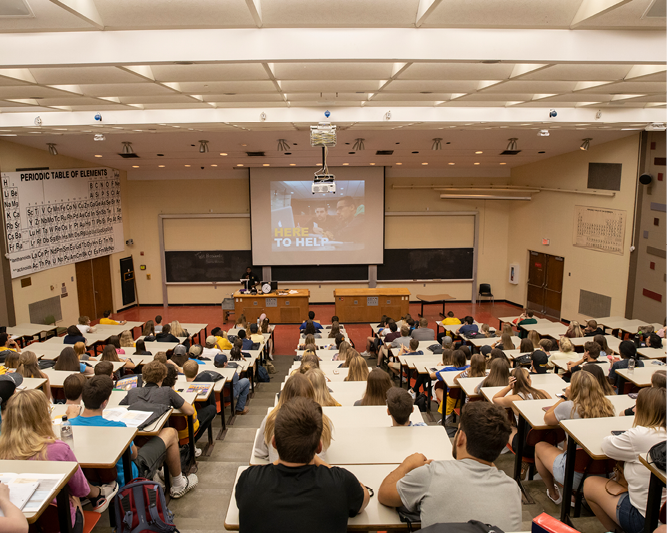
Course Load Accommodations
Students with disabilities are expected to complete the same degree requirements as their peers. However, in some cases students may request a substitution or replacement for an academic requirement as a reasonable accommodation. Students can also reduce their credit hours without negatively affecting their status as a full-time student.
Learn More
Housing
Housing accommodations are provided in collaboration with the Housing office. To receive housing accommodations on campus, a student must complete a housing contract with Housing and establish an accommodation plan with the Disability Center. The Disability Center will connect the student with Housing staff, who will help them explore your housing options and explain how those work with certain types of accommodations.
Learn More Housing Accommodation Form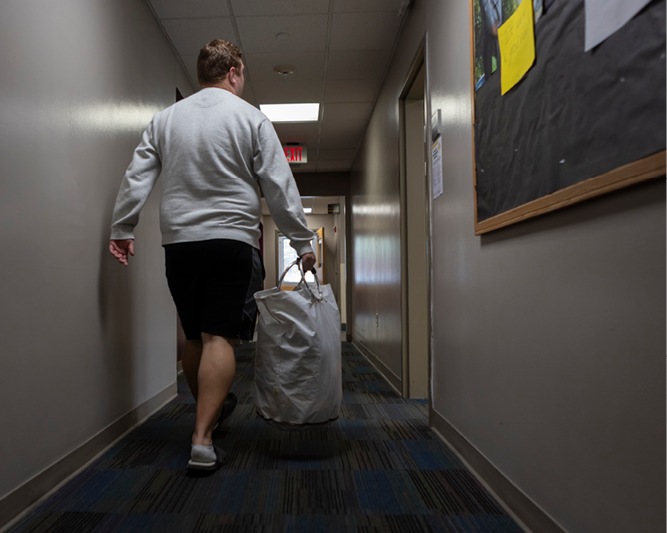
Service and Emotional Support Animals
Students can bring a service animal to Mizzou without prior approval. However, contacting the Disability Center can ensure a smooth experience bringing the animal to campus. Students may bring an emotional support animal into Housing facilities by requesting the animal as a housing accommodation. Students must first establish a housing accommodation plan and provide documentation supporting their request. Emotional support animals are not permitted in classrooms, meetings or other university facilities.
Learn More Emotional Support Animal Documentation
Clinical Accommodations
Clinical accommodations permit equal access to students in clinical clerkships, rotations, internships and fieldwork. Clinical accommodations are individualized, determined on a case-by-case basis, and typically require more extensive planning and involvement of multiple parties compared to non-clinical accommodations. As such, students entering clinical or fieldwork are encouraged to reach out to their access advisors well in advance of their experience to provide time for the interactive process.
Learn More